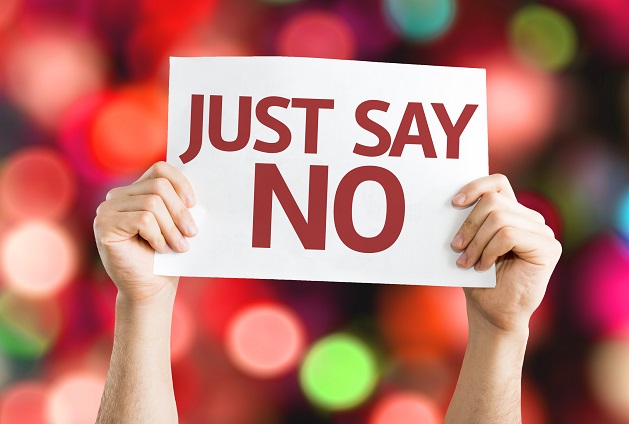
You’ve spent all this time gathering reviews and thinking about how they’re going to affect your bottom line, but what about how they affect your potential employees?
The way your company is spoken about online isn’t only going to help you to gain or lose business, it can influence who’s interested in working for you as well.
Most business owners assume that in the job market their word is law, but in a workforce that’s slowly being overtaken by Millennials, peer opinion matters a lot, and can cost you valuable employees.
Company Review Websites
I’m sure many of us remember the days of rate my teacher and rate my professor websites. Students don’t have much of a choice when it comes to choosing who teaches them what, so while serious complaints could have some affect, these acted mainly as open gossip sites—a place for frustrated students to get their emotions out.
This is not the case with company review and rating websites.
Glassdoor
Glassdoor displays ratings and reviews for more than 600,000 companies worldwide. When you need to get the inside scoop and find out what it’s really like from the people who work there, this is how you do it.
Offering articles on the factors that play a role in salary negotiations, the types of companies you should never work for, and of course the Glassdoor Employees’ Choice Awards, this website is the largest and most crucial site on which you as an employer will want to rank well.
Indeed
Most commonly known as a networking website, Indeed also offers an anonymous review section of their website. While it’s not quite as personal as Glassdoor, ratings still hold a lot of weight on this well-known industry leader.
And Beyond
The website FairyGodBoss is an employer site strictly for women. RateMyEmployer features more than 45,000 candidate and employee reviews, and of course websites such as Google, Yelp and Facebook offer general reviews from employees and customers alike that can give future employers a pretty good idea about what a prospective employer is all about.
What it Comes Down To
While larger companies such as McDonald’s and Best Buy are going to have thousands of reviews that muddy the waters—and let’s face it, people looking for jobs at huge chains like this aren’t going to put as much weight into reviews—it’s imperative that a small business keeps up workplace morale.
When you’re looking to hire a talented new employee to head that new department, you’re going to want the best. While your ad may draw them in, any tech-savvy potential employee is going to check out your ratings right away.
If they pull up your Glassdoor page and find a post stating “Worst Job I’ve Ever Had”, they’re going to think twice.
So, what can you do about it?
Treat your employees well, but don’t sacrifice your professional atmosphere. There are great ways to build morale and keep a smile on peoples’ faces throughout the day without your office turning into a madhouse. And, get on these websites yourself!
Glassdoor offers you the ability to respond to all negative reviews. Like with any other review, the way you respond can set the tone for your business no matter what that reviewer said.



